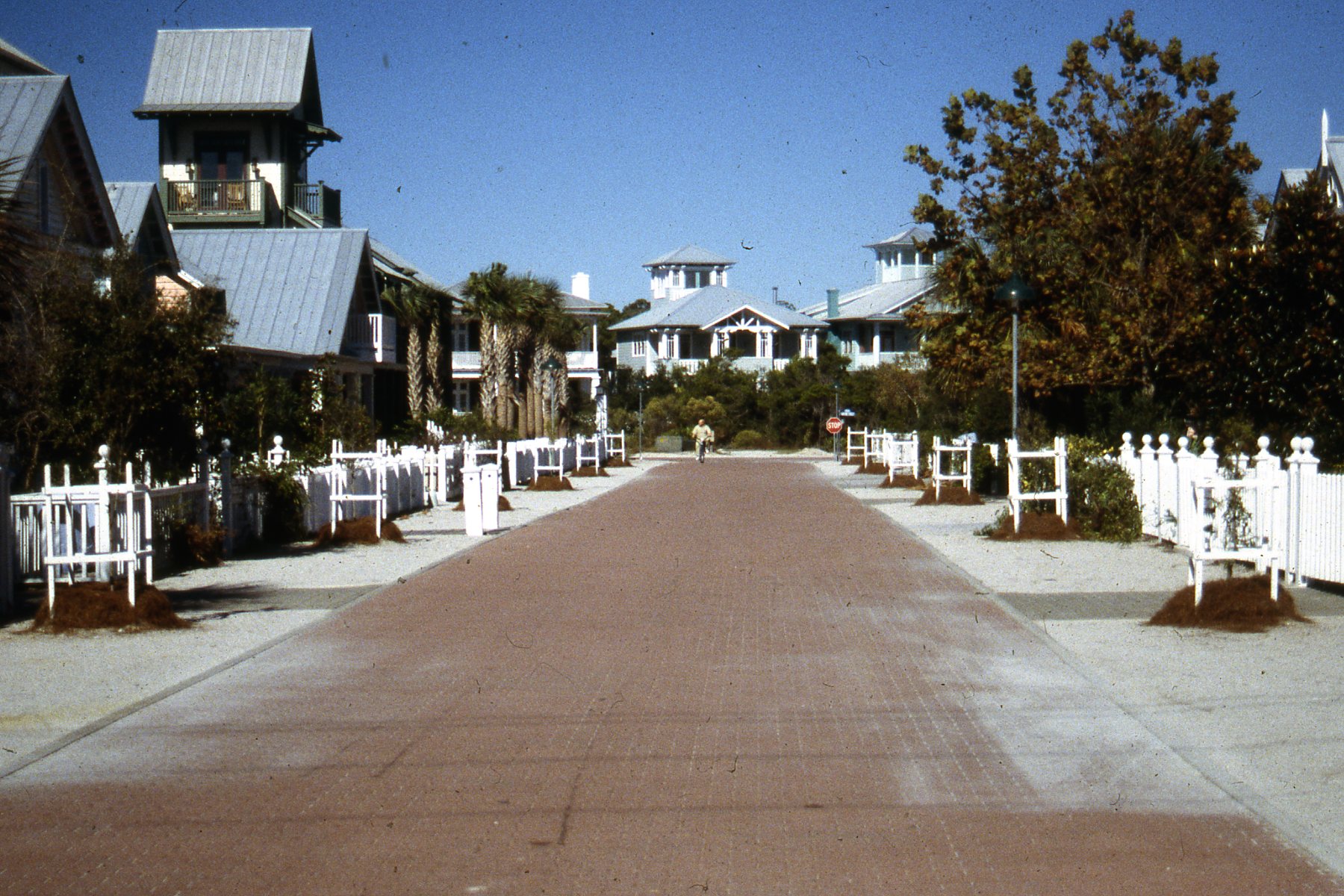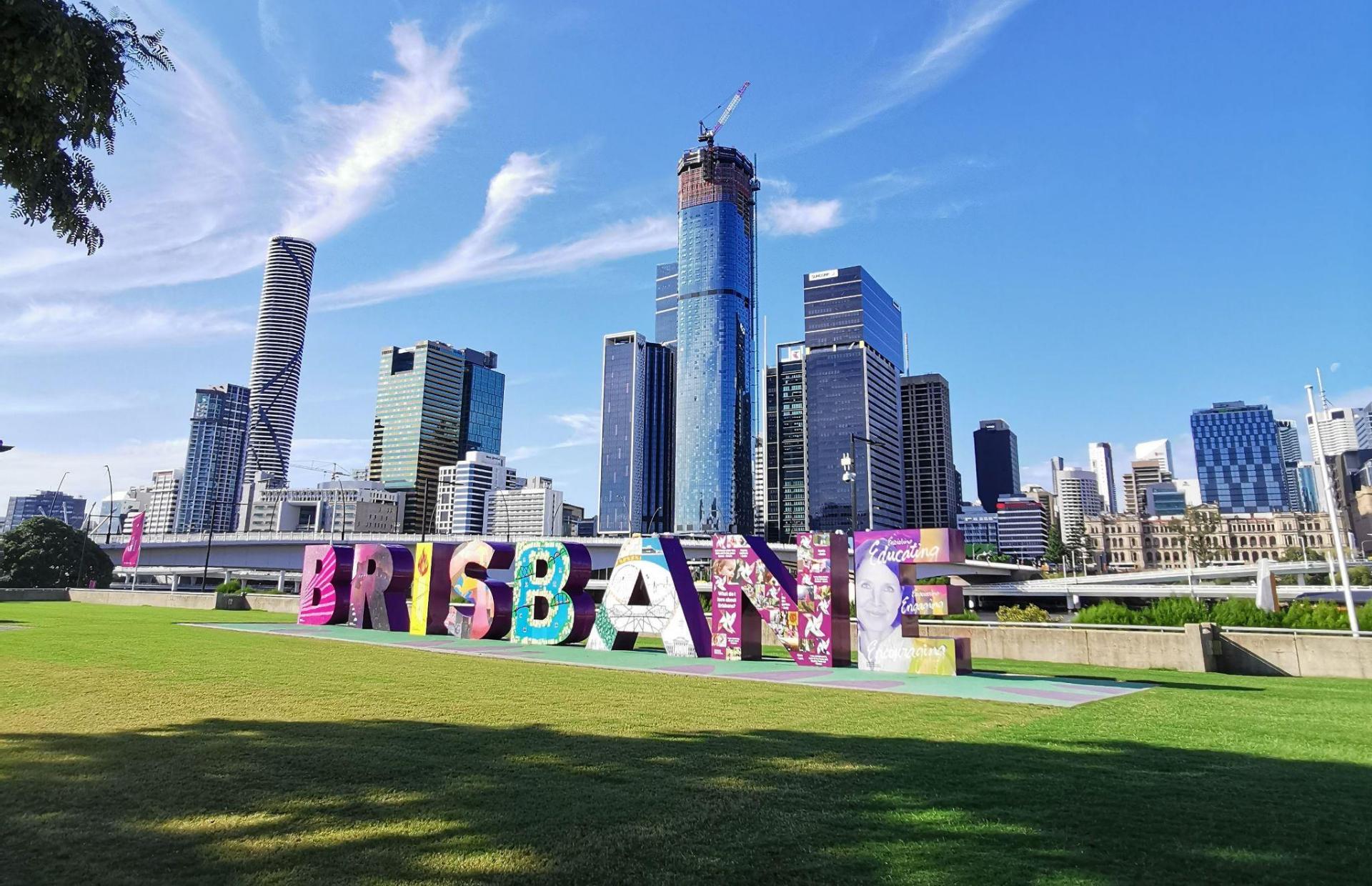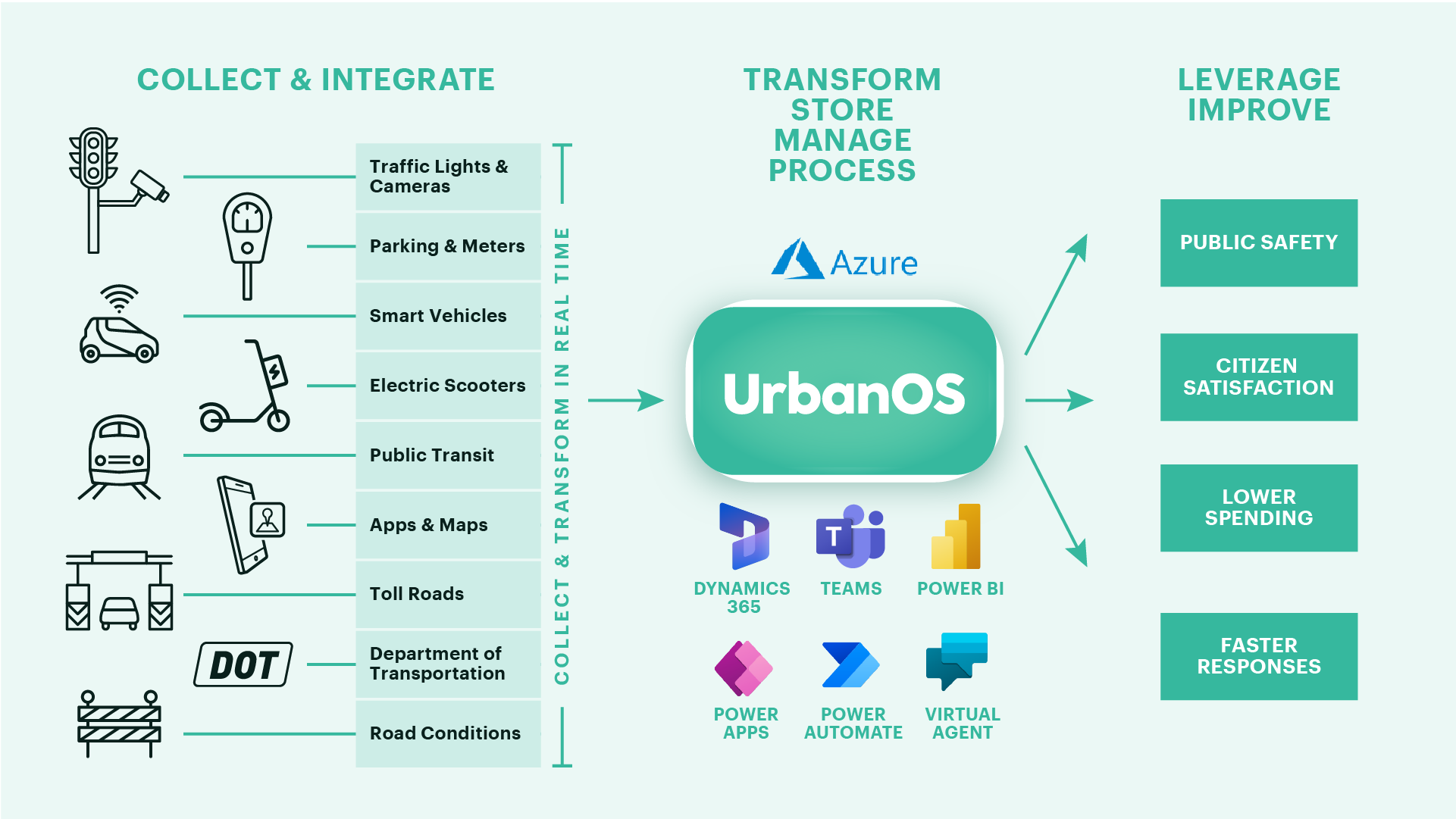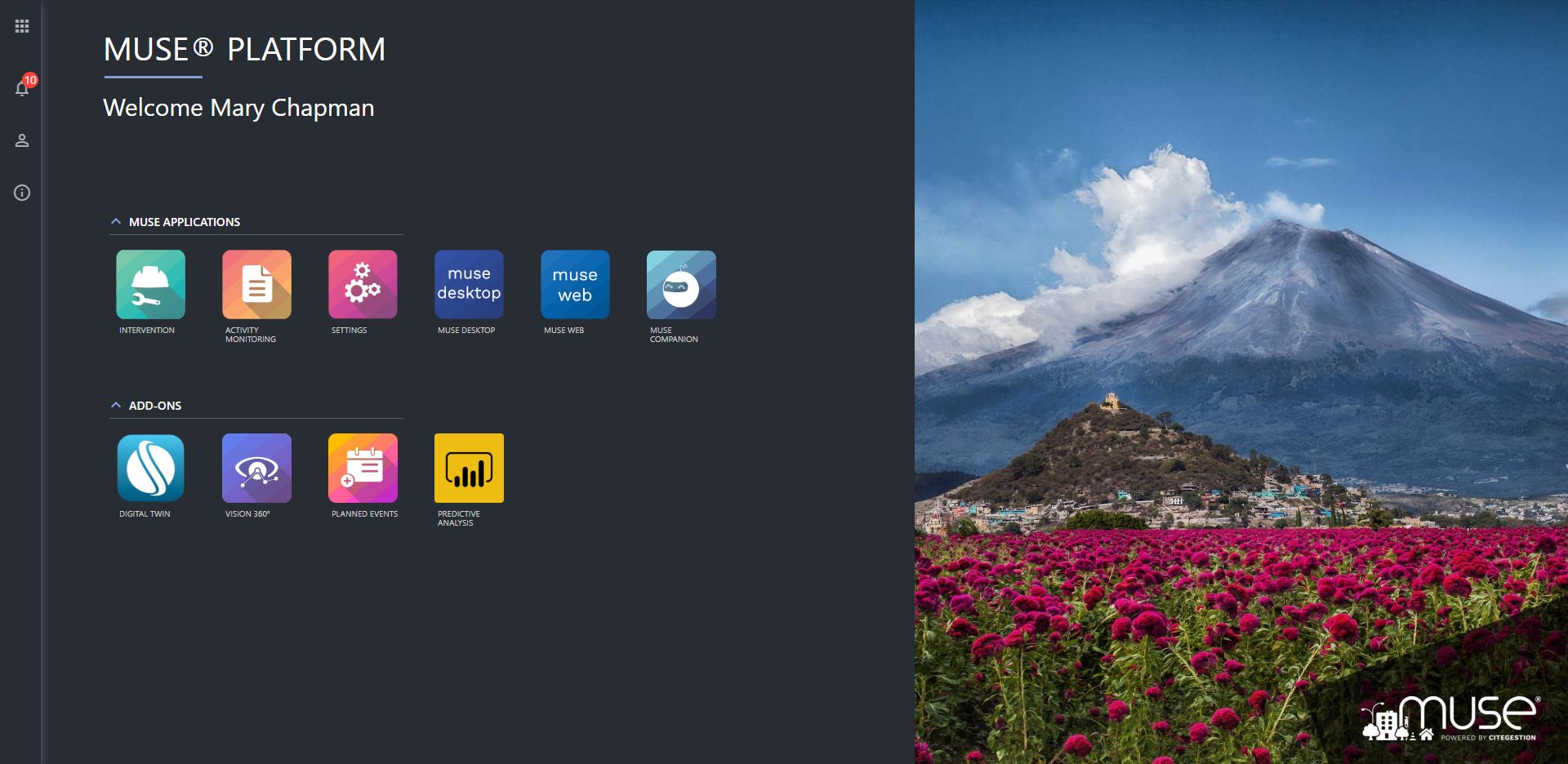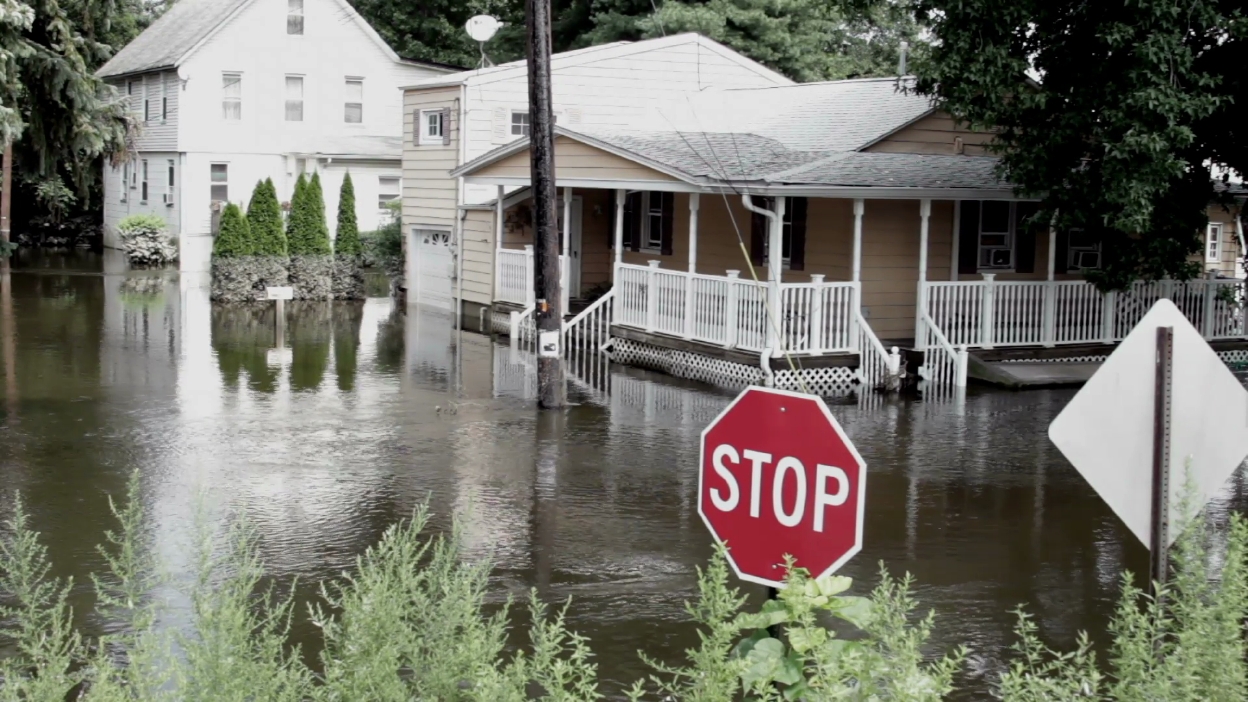Author | Arantxa HerranzThroughout History, cities have had to deal with other pandemics and, in some cases, these situations have led to new ways of designing cities. Outbreaks of cholera, for example, in the 19th century led to the development of new sewage systems.But cities were not designed for a pandemic, but rather for the frenetic pace of life that we are used to. Interconnected with one another, cities accommodate millions of workers, getting about using diverse methods of transport, coexisting with tourists and enjoying their bars, restaurants and other leisure centers. Social distancing may therefore be much more complicated in major cities than in rural areas.In fact, the COVID-19 pandemic has had a major impact on cities, according to the World Health Organization. A cursory glance at their traffic makes the situation abundantly evident.
Now that we are dealing with Covid-19, the time has come time for cities to act and to ask themselves how they can improve their design in order to be prepared for new pandemics.
A crisis requiring new technologies
For some time now, new technologies have also been used to study certain diseases, to better understand the spread, behavior and transmission of these diseases. Anonymized mobile phone data has proved to be a very effective instrument in controlling them. With COVID-19, these systems have gone one step further with tracking, tracing and alerting of possible infections. But this is not the only way technologies can help cities to manage these crises, which nobody is prepared for. Cities must have technological platforms, a kind of operating system that enables them to function fully in all their complexity. These platforms, the bases for them to become smart cities, must also allow the cities to become more sustainable and smart and enable them to address vertical and horizontal issues, such as mobility or waste management.
But this is not the only way technologies can help cities to manage these crises, which nobody is prepared for. Cities must have technological platforms, a kind of operating system that enables them to function fully in all their complexity. These platforms, the bases for them to become smart cities, must also allow the cities to become more sustainable and smart and enable them to address vertical and horizontal issues, such as mobility or waste management.
Valencia, global center of coordination
The International Telecommunication Union (ITU), an agency of the United Nations, has chosen the Valencia City Council to coordinate an international working group with which to define master guides so cities can be as prepared as possible in the event of new pandemics. The choice of Valencia is not by chance. In fact, the city already forms part of the smart cities standardization working group and it is a leader in terms of certifications it holds and the smart city platform it uses.The aim of this international group made up of 120 exerts offering their experience, is to develop a guide with which, with the help of technology, cities will be able to be better prepared and respond more efficiently to the requirements that come with a pandemic such as COVID-19.
Guides for the improvement of everyone
Within this working group for the standardization of platforms or operating systems that should govern a city, Valencia was offered the opportunity to coordinate a thematic group. “Just as we work on city platform issues, others work on making it easier to be a smart city, others on blockchain matters… We develop different guides for cities to become smart cities”, explained Ramón Ferri, Head of the Smart City Office in Valencia.
“For a city to be a tourist city, in terms of smart cities, a whole host of institutions need to be taken into account, and with which information must be exchanged: airports, hotels, health centers… We need to see how all these data are integrated in the city’s operating systems”. Ferri also defends that cities “must also tackle these changes in order to manage sector-specific issues that are hard to resolve”. Resilience and digital transformation are two key aspects that will be analyzed by the Valencian working group.And what about the economy? Although there are private proposals that aspire to use shared data in order to get ahead of changes in different industries and improve recovery times, Valencia will not explore these types of issues at the moment. Although this was a proposal that was put on the table, it was finally declined for being too ambitious, explains Ferri. This is better than not providing reliable data at a time that requires absolute certainty.The working group expects its guide to be available between July and September of next year. A period that may appear to be alarmingly long, although this is not really the case, bearing in mind that numerous experts are already warning that we will have to live with coronavirus for years.Images | Pixabay, Pexels












































